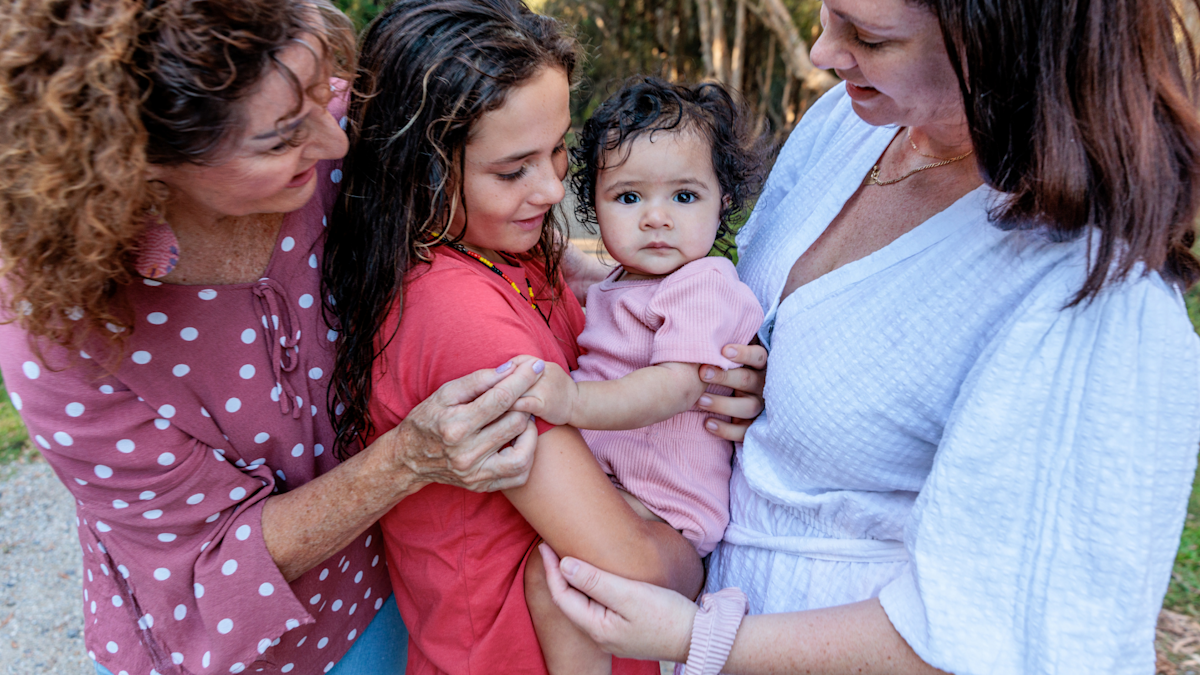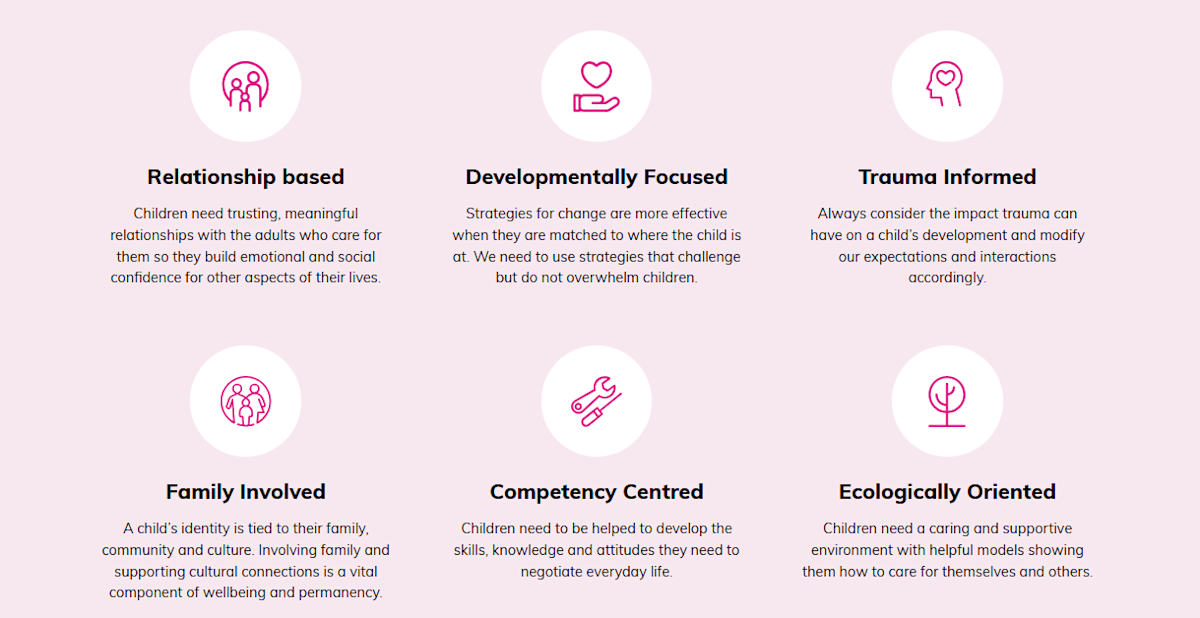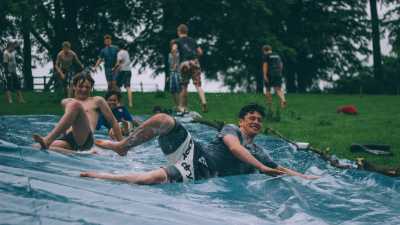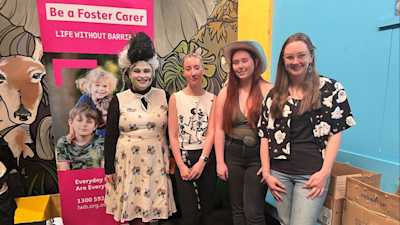Life Without Barriers is committed to ensuring carers and staff support children in a way that creates conditions for positive change.

Image: Two young girls with curly blonde hair are sitting in a class room, in school uniform, smiling at each other.
The Life Without Barriers New South Wales (NSW) Child Youth and Family (CYF) team have achieved CARE certification.
The CARE certification process has confirmed what we already know, our teams across NSW are doing incredible, intentional work that’s making a real difference for children, young people, families, and communities.
CARE is an evidence-based, trauma-informed framework developed by Cornell University that shapes how we see and support children. It centres on building trusting relationships, understanding the impact of trauma, and creating environments where positive change can flourish.
"CARE certification is a tribute to the dedication and skill of our teams across NSW." Said Deanne Carroll, Executive Director, CYF NSW and ACT.
"CARE isn’t just a framework for us, it’s the way we show up every day for children, young people, and families."
"We’ve embedded CARE in NSW and across the organisation, ensuring that our decisions, practices, and partnerships are consistently guided by the needs and voices of those we support. This achievement reflects both the strength of our strategy and the commitment of our people, and sets us up for lasting impact.”
Guided by six core principles, relationship-based, developmentally focused, trauma-informed, family-involved, competency-centred, and ecologically oriented, CARE gives us a shared language and approach. It’s the foundation that ensures our work is intentional, consistent, and always in the best interests of the children, young people, and families we support.
Standout achievements from the NSW CYF Care Certification report
CARE at the heart of what we do
Staff across every level, from leadership to direct care, are living CARE principles every day. They’re not just part of our values; they bring our values to life, shaping decisions, language, and actions in ways that are purposeful, flexible, and child-centred.
"Children and young people have told us they have carers who they feel safe with and enjoy spending time with."
A Strong, Connected Culture
There’s been a clear cultural shift from reacting to crises to intentionally planning and reflecting together. This unity across regions and programs has created more shared learning, cultural exchange, and consistent approaches, all anchored in what’s best for each child.
"We’ve seen teams working together across the state to reunite families and to help children achieve their goals."

Image: An Aboriginal family stands together, there are two women, one teenage girl and one toddle. They are embracing the toddler.
Families and communities at the table
From shared meals to family-led family time and parallel planning, we’re including families and communities in more meaningful ways. This approach is strengthening identity, connection, and belonging for the children and young people we support.
"Families have told us they feel like part of the Life Without Barriers team."
Shaping the conversation beyond Life Without Barriers
We’re influencing how partners like Department of Communities and Justice, police, health, and NDIS practitioners think and talk about behaviour and needs, reducing deficit language and encouraging trauma-informed perspectives.
Commitment to continuous growth
Our CARE journey is far from over. We’ve built strong foundations with leadership commitment, reflective practice, and quality training, and we’re ready to take CARE even deeper into daily practice, carer support, and advocacy with external partners.
"We have CARE champions at every layer of the state, with CARE educators representing our carers, house managers, case managers, operations managers and directors!"
From Life Without Barriers, thank you to everyone who contributed in focus groups, surveys, visits, training, and everyday practice. This recognition is a testament to your skill, dedication, and the way you bring CARE to life.
The six CARE principles
There are Six CARE principles we use to guide our work with children, young people and families. They help us understand the impact of trauma on a child's development and help us teach children skills in a developmentally appropriate way. Our carers apply this model in the way they look after, teach, guide and support children.

Read more about the CARE model developed by the Residential Child Care Project at Cornell University here.
Learn how to implement the CARE model in your agency here.


